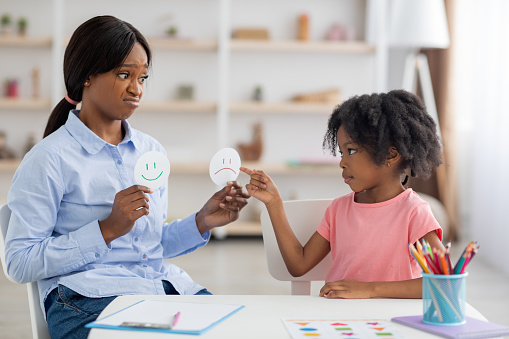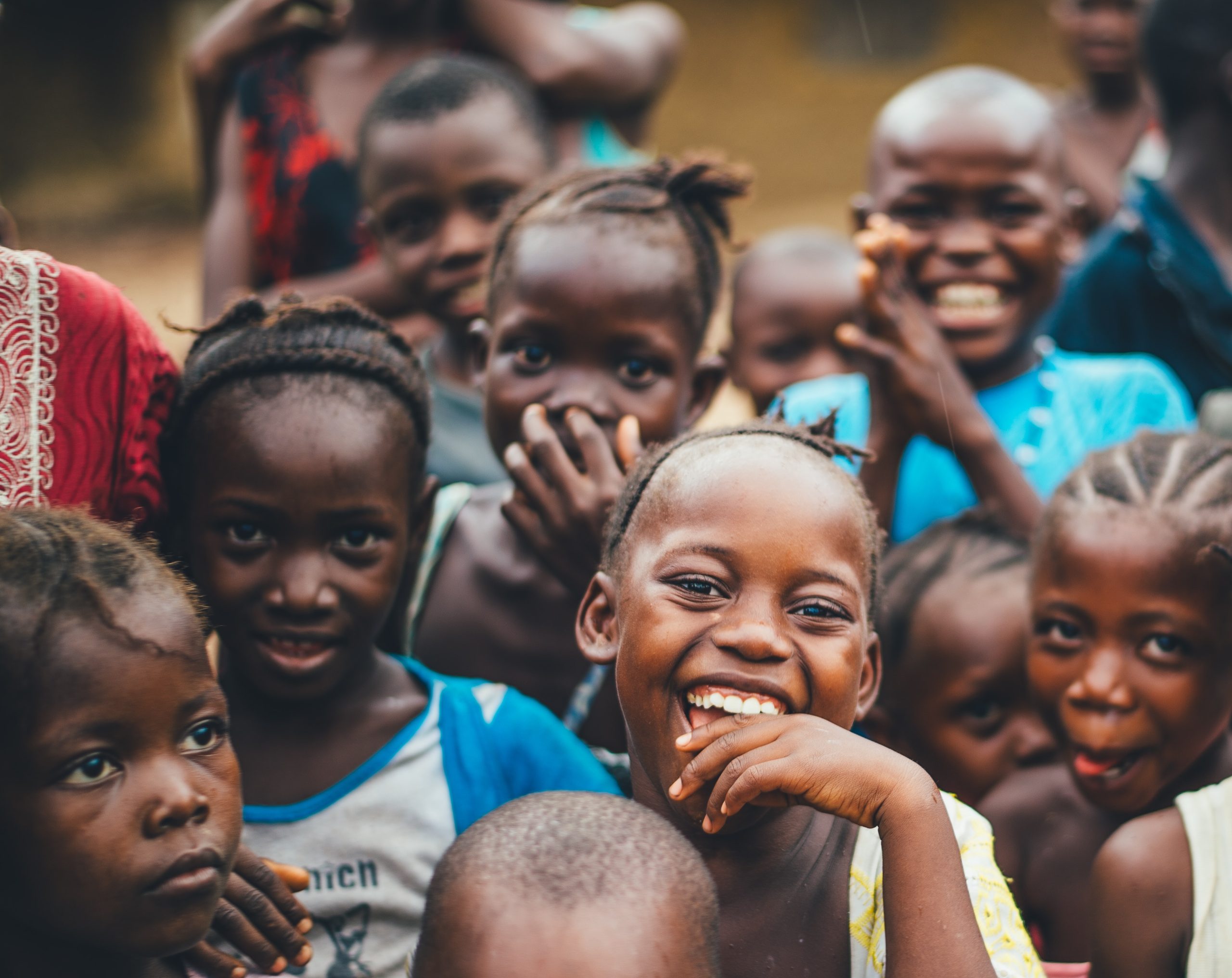- Written by: Bright Uboh
Being mentally healthy during childhood means reaching developmental and emotional milestones and learning healthy social skills and how to cope when there are problems. Mentally healthy children have a positive quality of life and can function well at home, in school, and in their communities.
Mental disorders among children are described as serious changes in the way children learn, behave, or handle their emotions, which cause distress and problems getting through the day. Many children occasionally experience fears and worries or display disruptive behaviours. If symptoms are serious and persistent and interfere with school, home, or play activities, the child may be diagnosed with a mental disorder.
Mental health is not simply the absence of a mental disorder. Children who don’t have a mental disorder might differ in how well they are doing, and children who have the same diagnosed mental disorder might differ in their strengths and weaknesses in how they are developing and coping, and in their quality of life. Mental health as a continuum and the identification of specific mental disorders are both ways to understand how well children are doing.
What are common childhood mental disorders?
Among the more common mental disorders that can be diagnosed in childhood are anxiety (fears or worries), and behaviour disorders.
Other childhood disorders and concerns that affect how children learn, behave, or handle their emotions can include learning and developmental disabilities, autism, and risk factors like substance use and self-harm.
What are the symptoms of childhood mental disorders?

Symptoms of mental disorders change over time as a child grows, and may include difficulties with how a child plays, learns, speaks, and acts, or how the child handles their emotions. Symptoms often start in early childhood, although some disorders may develop during the teenage years. The diagnosis is often made in the school years and sometimes earlier; however, some children with a mental disorder may not be recognized or diagnosed as having one.
What is the impact of mental disorders on children?
Mental health is important to overall health. Mental disorders are chronic health conditions that last a long time and often don’t go away completely that can continue throughout the lifespan.
Without early diagnosis and treatment, children with mental disorders can have problems at home, in school, and in forming friendships. Mental disorders can also interfere with a child’s healthy development, causing problems that can continue into adulthood.
What you can do?
Parents: You know your child best. Talk to your child’s healthcare professional if you have concerns about the way your child behaves at home, in school, or with friends.
Youth: It is just as important to take care of your mental health as it is to take care of your physical health. If you are angry, worried or sad, don’t be afraid to talk about your feelings and reach out to a trusted friend or adult.
Healthcare professionals: Early diagnosis and appropriate treatment based on updated guidelines are very important. There are resources available to help diagnose and treat children’s mental disorders.
Teachers/school administrators: Early identification is important so that children can get the help they need. Work with families and healthcare professionals if you have concerns about the mental health of a child in your school.



This is so lovely 😍
Wow! This article is superb. I love the aspect that everyone is included so irrespective of who you are, you can be part of the child’s mental health awareness
Children’s mental health needs to be taken seriously